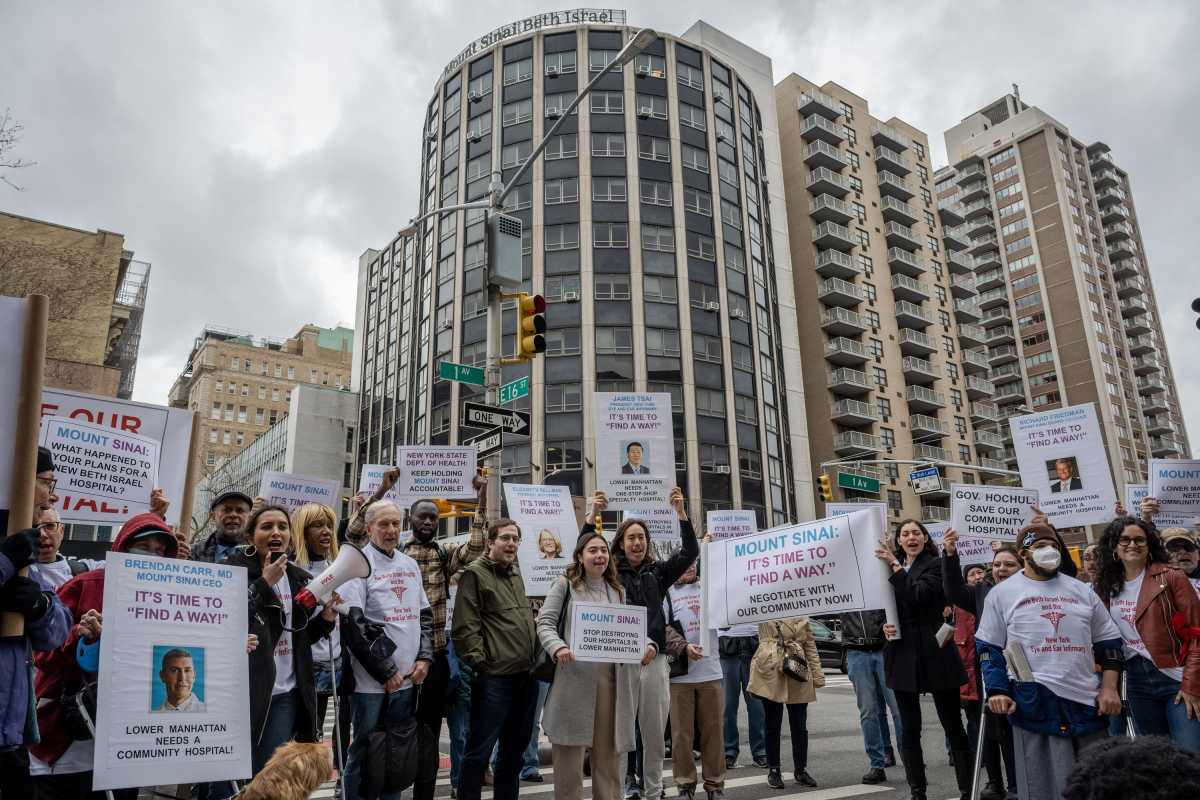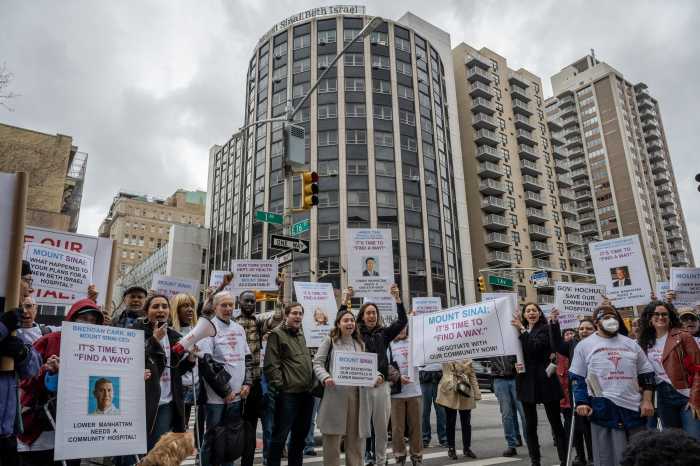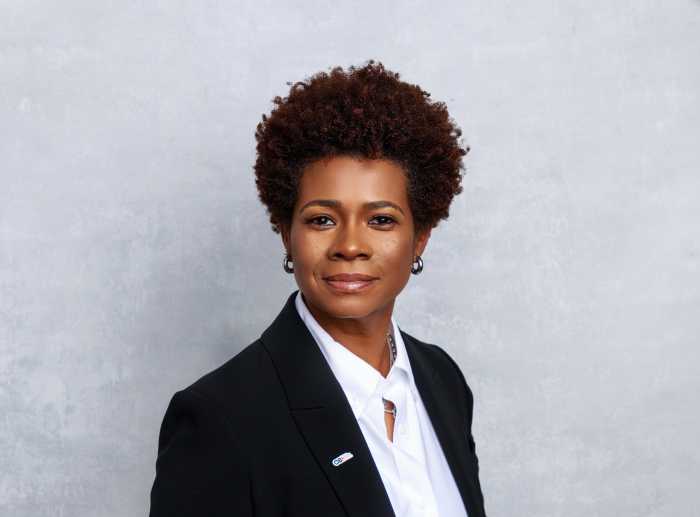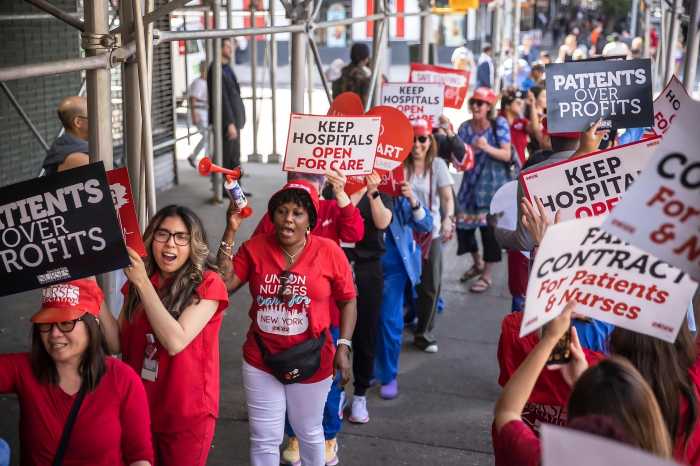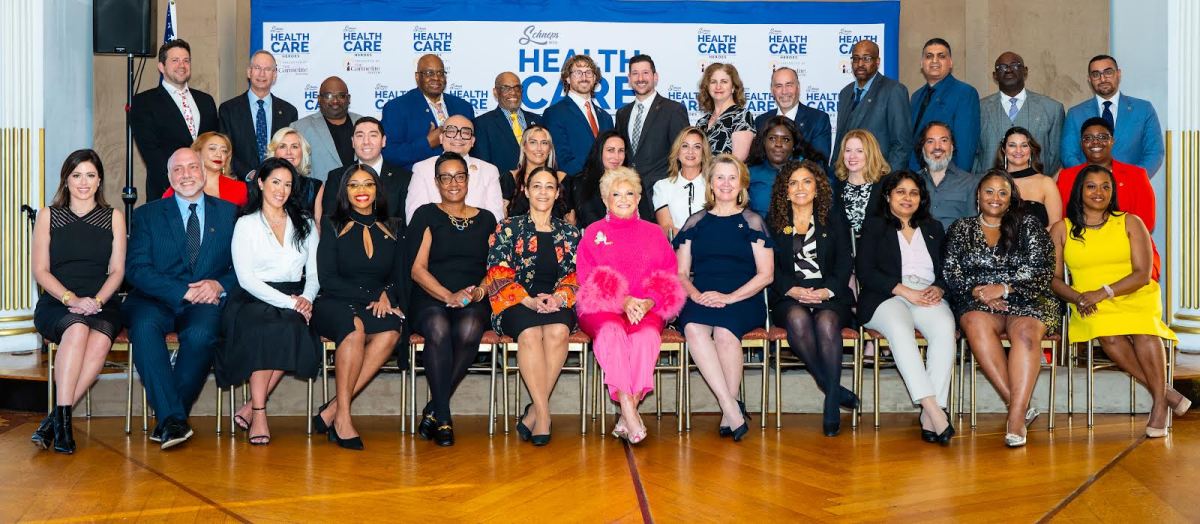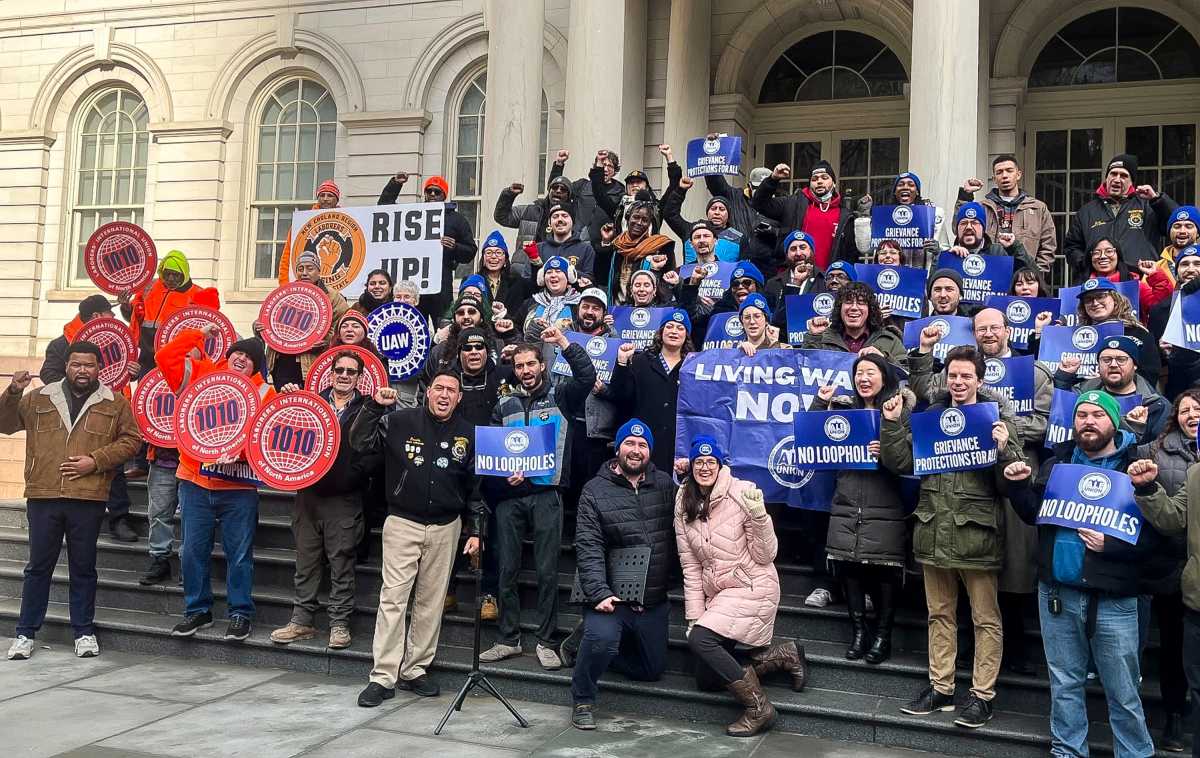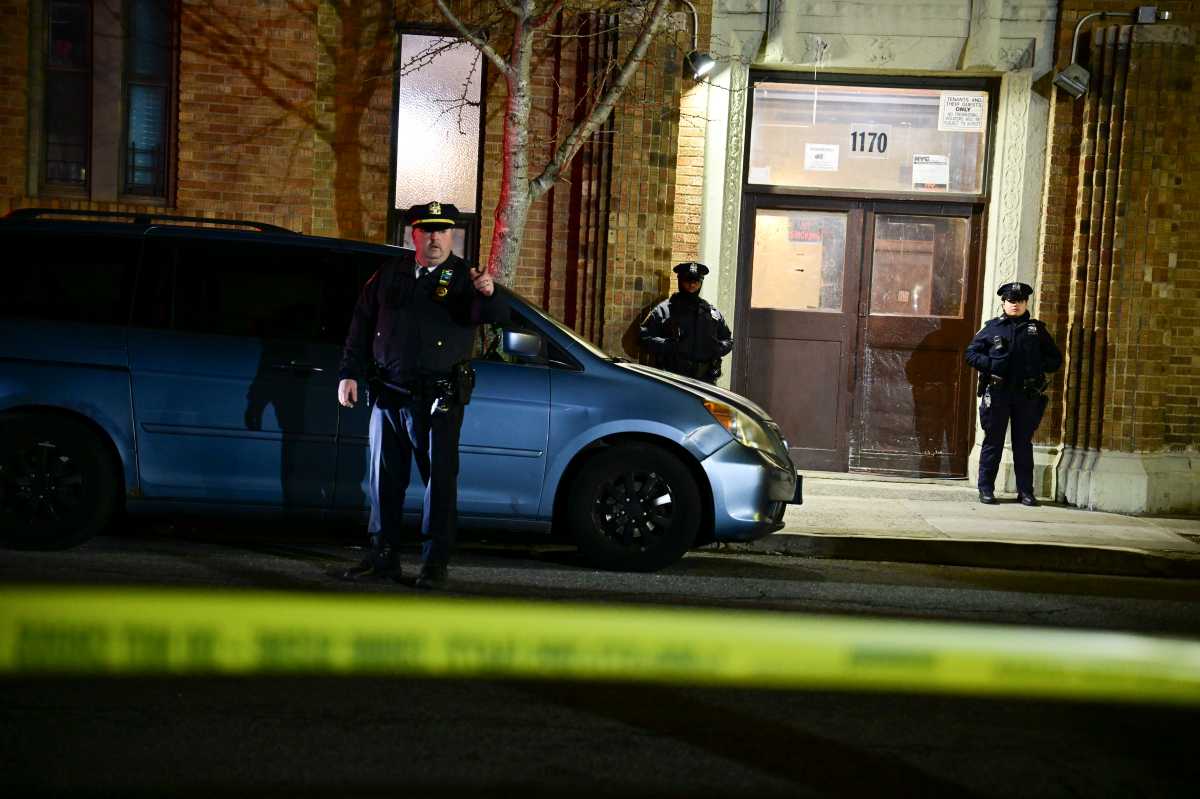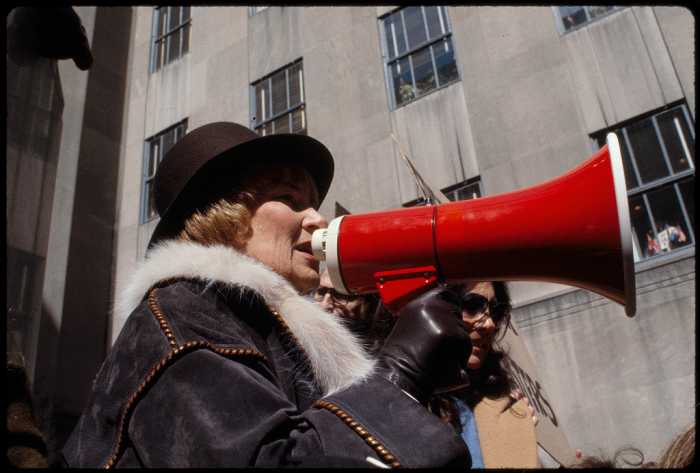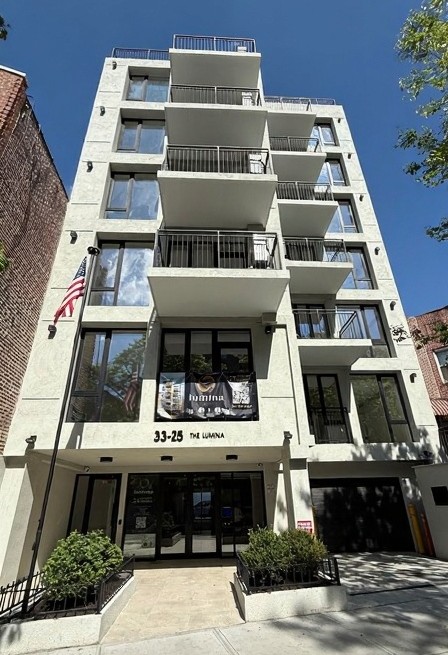The New York State Department of Health (DOH) has given Mount Sinai Beth Israel (MSBI) hospital the green light to close on Thursday, as the controversy to keep it open continues.
The Union Square hospital, located at First Avenue and 16 Street, was aiming for a July 12 closure, but that date came and went after Mount Sinai could not get the required state approval to close the facility in time.
The DOH’s action cleared away a major obstacle that stood in the way of MSBI’s closure. But the hospital must still remain open until ongoing litigation from the community is resolved.
“For now, the 16th Street hospital of MSBI will remain open and accepting patients,” Loren Riegelhaupt, a spokesperson for Mount Sinai, said.
Mount Sinai is asking the state court for an expedited review of the legal case brought by the Community Coalition to Save Beth Israel Hospital and the New York Eye and Ear Infirmary.
“We hope to have a favorable resolution of this matter soon,” Riegelhaupt said.
A DOH spokesperson said the agency approved the closure based on “careful and extensive” review of the MSBI’s closure plan.
“The conditional approval of the closure plan submitted by Mt. Sinai Beth Israel Hospital is based on careful and extensive review of the plan and delineates several conditions to help ensure that patients receive quality care at nearby hospitals and other primary care providers,” the spokesperson said.
Among those conditions, MSBI must make agreements with local hospitals to ensure patients requiring transfer to an inpatient setting can be accommodated, particularly those coming from the Mount Sinai Behavioral Health Center, according to DOH.
Reigelhaupt added that the hospital system has been in talks with local elected officials to establish alternate ways for patients to receive care elsewhere.
“As a result of our discussions, among other things, we will be opening a new expanded Urgent Care center two blocks away on 14 Street,” he said.
The urgent care center will accept all forms of health insurance coverage, including Medicaid and Medicare, and will be open 24/7,” Reigelhaupt said.
“In addition, we have agreed to support the FDNY by operating an additional ambulance downtown, and we continue to work with and support other area hospitals, including NYC Health and Hospitals and Bellevue, to help ensure coordination and continuity of care once we close,” he added.
Meanwhile, members of the Save Beth Israel Hospital and the New York Eye and Ear Infirmary said in a statement that they are “deeply dismayed” by the state’s approval to close the 134-year-old hospital.
“We are shocked and deeply dismayed that New York State Health Commissioner James McDonald has succumbed to a high-pressure lobby campaign by Mount Sinai Health System to approve closure of Beth Israel Medical Center without even agreeing to meet with community leaders and members and our local elected public officials, despite long-standing requests,” the statement read.
Nearly 500 staff members left MSBI since the closure was announced last year. Hospital officials have become increasingly concerned about being able to safely provide services as the struggle to operate continues.
“We are using our best efforts to recruit and to bring in staff from other campuses, temporary (locum) doctors and other providers, and agency nurses to help you provide high-quality care,” a July 10 memo to employees from the hospital’s CEO, Brendan Carr, MD, stated. “Despite that, we have not been able to bring in all the staff that we would like to.”
Read More: https://www.amny.com/news/



